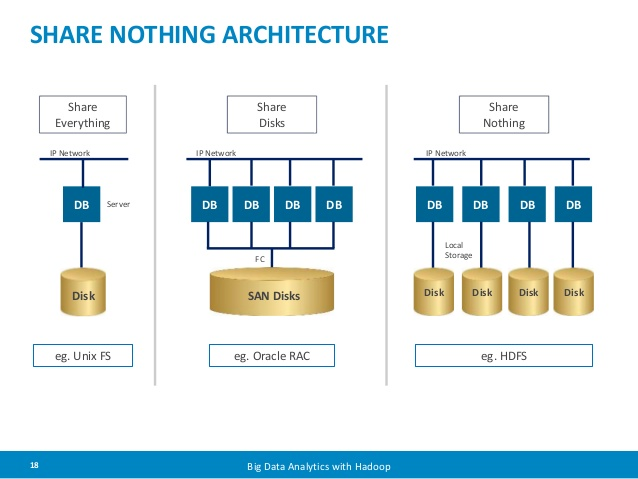- About Us
- Why WellData
- Services
- Application Support
- Cloud Migration
- Data Archiving
- Data Consolidation
- Database Consultancy
- Database and Server Managed Service
- Database Projects Support
- DBA Holiday & Sickness Cover
- Development Managed Services
- Operating System and Server Support
- Oracle Health Check
- Oracle Management Cloud
- SQL Server Health Check
- Technologies
- Case Studies
- Resources
- Contact
Table of Contents
Database performance issues can bring business to a standstill
It has been said over and over again: databases are the lifeblood of any business.
If a database fails, “you can pretty much guarantee that business will be brought to a standstill”.
As a valued client of WellData, you appreciate the importance of your database performance and how outsourcing their management makes business sense.
As part of the services that we provide to you there is constant monitoring, performance management, database security, real-time alerts, and above all, a dedicated team of DBAs at your fingertips.
Is your database server configuration up to scratch?
The security of your database doesn’t depend exclusively on their management: the servers they sit on also play a critical role.
In fact, one of the most common problems that we come across when we start the support of a new database, be it Oracle, MSSQL or MySQL, is that the underlying physical or virtual server configuration is not up to the task.
The reason? Highly tuned databases simply cannot perform well on a server that has been built to a generic internal company standard.
A database server must be built to a standard that is recommended by the database provider in order to avoid ending up firefighting issues that will inevitably be non-database related.
From the actual O/S levels, including patch sets, to disks, memory, cpu, swap, network connectivity and many more configurable items, poor planning of a database server build could end up causing your business major problems and in some cases concrete business failures.
Server considerations to achieve optimal database performance
In order to ensure that your servers are up to the task, we list here a few key elements that you need to take into consideration:
Disk architecture
Consolidating storage area networks is key, as well as ensuring that you have a sound and established back-up routine.

Comparison of several architectures: share everything, share disks, and share nothing. Source: SlideShare
RAID (Redundant Array of Independent/Inexpensive Disks)
In order to increase your databases’ safety, you should ensure that disks are duplicating each other allowing storing data across multiple hard drives.
High availability
Consider the difference between a traditional A: or B: server versus a Cluster. Clustering allows a database to be installed across multiple servers to increase scalability and improve availability because if one server fails, you have access to other ones that can assume its workload.
Virus scanning
Defend your systems and keep them free of malicious software by correctly setting up and running antivirus scanning.
Install the right firewalls
Prevent unauthorized access to your network by using firewalls: network security systems that monitor and control ports and their traffic flow.
Regular updates
As we mentioned in the protection against ransomware article, updates and patching are key to ensuring that systems are up to date with the latest level of security.
In a nutshell, good disks, good structure and the right level of specification based on what the database dictates are key elements to supporting healthy databases and good database performance.
Having issues with database performance?
With database performance support services at WellData, you can rely on us for all your database needs.
At WellData we believe all our customers deserve complete peace of mind.
That’s why we wrap all our database performance and server support services in a single cast-iron guarantee.
We give you fully guaranteed SLAs and transparent all-inclusive pricing with no unexpected extras.
We’re confident our outsourced DBA services will cut your risk, cost and downtime.
But, if you’re not completely happy, your contract can be cancelled at any time. No penalties or punitive early-exit clauses. The choice is yours!
If you need any help in managing your underlying server issues or your database performance please don’t hesitate to let your designated DBA know, we will be able to help you.

